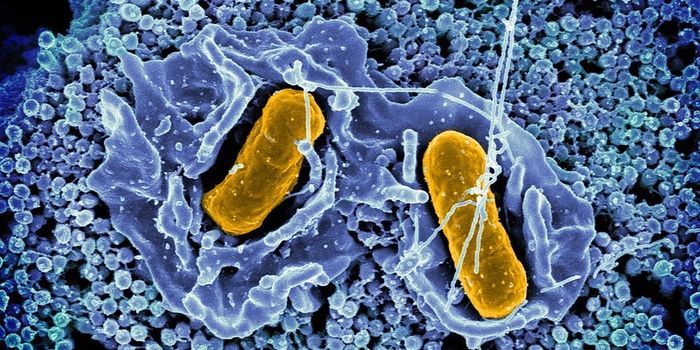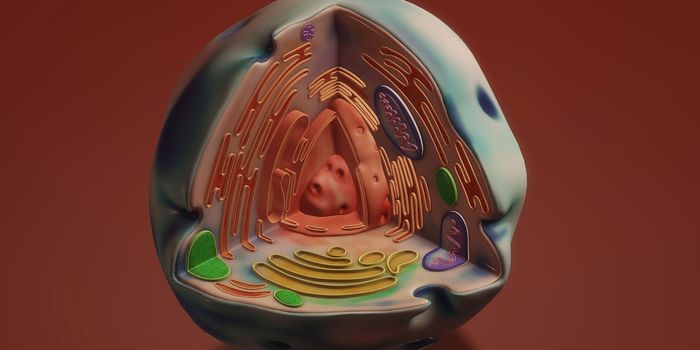Alzheimer's Risk Gene May Impair Neuroprotective Mechanism
Our bodies have some healing and regenerative capabilities. For most individuals, cuts will mend, we'll recover from mild infections, and at the cellular level, we can make repairs to damaged DNA or cells. There are protective mechanisms that help stave off Alzheimer's disease as well. Scientists have found that some individuals carry genetic variants that may interfere with that neuroprotection, and promote neurodegeneration. In a fruit fly model, the researchers were able to restore some of that protection. The work has been reported in the Proceedings of the National Academy of Sciences.
Previous work by members of this research team has indicated that neurons and glia can coordinate to shield the brain from neurodegeneration, noted first study author Dr. Matthew Moulton, a postdoctoral associate in the lab of Dr. Hugo Bellen. This study has used animal models to assess whether genetic risk factors for Alzheimer's might disrupt that protection, Moulton added.
Reactive oxygen species (ROS) are natural byproducts of physiological processes, and high levels of ROS can cause problems. In this case, they can disturb neuroprotection. ROS can accelerate the development of disease in animal models of Alzheimer's and have been found in the brains of Alzheimer's patients with amyloid-beta plaques, an Alzheimer's hallmark.
Various factors, including aging, stress, and genetics, can influence ROS production. When neurons encounter high ROS levels, excessive lipids are generated. When ROS and lipids come together, peroxidated lipids form, which can impair cellular health. To counter that effect, neurons may release molecules that carry lipids to glia, where they can be sequestered and stored in droplets.
The APOE gene produces APOE, which helps transport lipids. Disruptions in lipids and the lipid transport process have been linked to Alzheimer's. People can generate several variants of APOE based on their genetics, and three variants, APOE2, APOE3, and APOE4, have been associated with a higher risk of developing Alzheimer's; APOE4 is the most strongly associated. In this study, the researchers revealed that APOE4 can barely move lipids to glia, but APOE2 or APOE3 can still transport some lipids, Bellen explained. APOE4 may be making people more susceptible to Alzheimer's because they are more vulnerable to the deleterious impact of ROS.
"As we age, ROS in the brain increases. If in addition there are mutations that disrupt the droplet pathways, then neurons can become sensitive to the accumulation of lipid droplets and this can pave the way to neurodegeneration," Bellen said. "Our findings support further investigations into feasible means to reduce the levels of ROS in the brain as a strategy to minimize ROS's key contribution to neurodegeneration."
The researchers also identified a molecule called ABCA1 that can rescue the lipid transport function of APOE4. "The ABCA1 agonist restored glial lipid droplet formation in an APOE4 fruit fly model, highlighting a potentially therapeutic avenue to prevent ROS-induced neurotoxicity," said Bellen, , Chair in Neurogenetics in the Jan and Dan Duncan Neurological Research Institute at Texas Children's Hospital.
Sources: Baylor College of Medicine, Proceedings of the National Academy of Sciences









